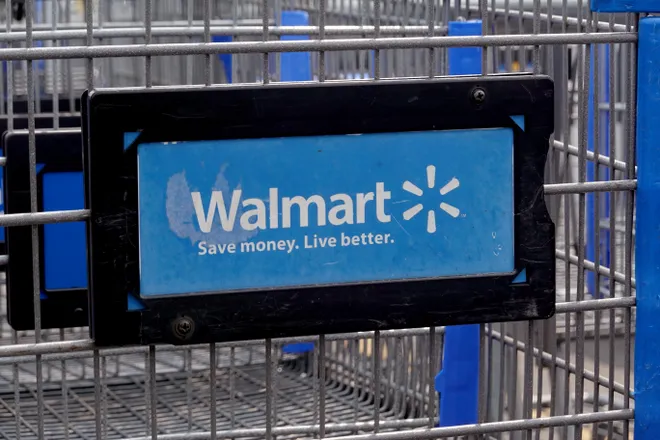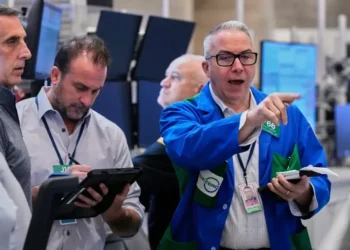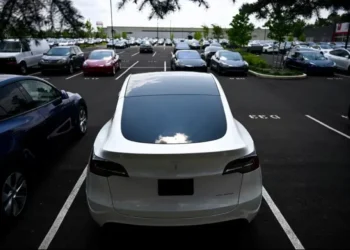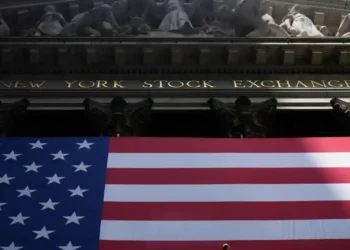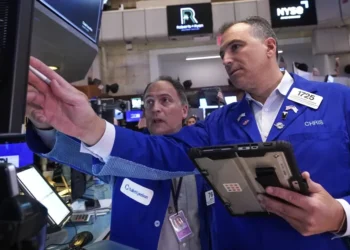Walmart Scales Back DEI Initiatives Amid Conservative Pressure
Walmart, the largest private employer in the U.S., has announced changes to its diversity, equity, and inclusion (DEI) programs following scrutiny from conservative activist Robby Starbuck. The retail giant has decided not to renew a racial equity center it established after the 2020 murder of George Floyd and will no longer participate in the Human Rights Campaign’s LGBTQ+ benchmark index.
Starbucks claimed he held “productive conversations” with Walmart after warning the company about a report he was preparing on corporate “wokeness.” He praised Walmart’s actions, stating:
“Removing wokeness from Walmart has downstream effects on suppliers and sets the tone for corporate America. Changing the operating policies at a nearly $1 trillion company is a monumental achievement.”
Changes to Walmart’s DEI Policies
Walmart has also pledged to:
- Monitor third-party products for inappropriate sexual or transgender items marketed to children.
- Review Pride funding.
- Discontinue the use of the term “Latinx” in official communications.
However, Walmart emphasized that many of these changes were already in progress. For instance, the company had rebranded its DEI efforts to focus on “belonging” and revised its supplier diversity programs.
In an official statement, Walmart expressed its commitment to inclusivity:
“We’ve been on a journey and know we aren’t perfect, but every decision comes from a place of wanting to foster belonging, open doors to opportunities, and be a Walmart for everyone.”
Broader Context: DEI Under Fire
The rollback comes amidst a broader political shift in the U.S. Corporate diversity efforts, while generally supported by younger generations, are increasingly under attack. The 2023 Supreme Court ruling banning race considerations in college admissions has emboldened critics of workplace DEI programs.
High-profile boycotts, such as those targeting Bud Light and Target, have pushed some brands to distance themselves from LGBTQ+ marketing. Activists like Starbuck have influenced companies like Ford and Lowe’s to reassess their DEI initiatives.
DEI has also become a hot topic for the 2024 elections, with former President Donald Trump vowing to restrict DEI initiatives in companies that work with the federal government.
The State of DEI in Corporate America
Despite these challenges, most companies remain committed to their DEI efforts. A survey by The Conference Board found that over 60% of executives view the political climate as extremely challenging for DEI, yet fewer than 10% plan to scale back their commitments in the next three years.
Proponents argue that DEI programs benefit businesses by fostering innovation, attracting diverse talent, and improving workplace culture. However, many companies, including Walmart, are hesitant to openly discuss their DEI strategies.
The future of DEI in corporate America hangs in the balance as businesses navigate increasing political and public scrutiny.
This article was rewritten by JournosNews.com based on verified reporting from trusted sources. The content has been independently reviewed, fact-checked, and edited for accuracy, neutrality, tone, and global readability in accordance with Google News and AdSense standards.
All opinions, quotes, or statements from contributors, experts, or sourced organizations do not necessarily reflect the views of JournosNews.com. JournosNews.com maintains full editorial independence from any external funders, sponsors, or organizations.
Stay informed with JournosNews.com — your trusted source for verified global reporting and in-depth analysis. Follow us on Google News, BlueSky, and X for real-time updates.
